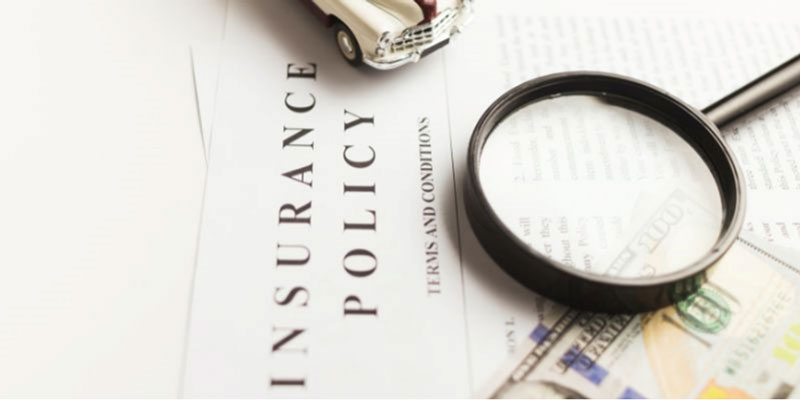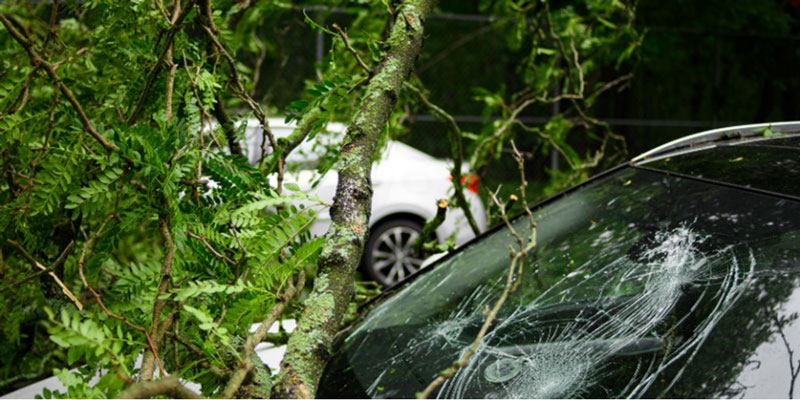If you are the victim of a hit-and-run, your first concern will probably be your safety. But it's also essential to consider the financial implications because they can be significant.
Most car insurance policies cover hit-and-runs, but there are some exceptions. For example, you could not cover if you were driving without insurance or were involved in a hit-and-run accident that could be considered your fault.

Knowing what your policy covers is essential to see the situation if you find yourself in it. And if you don't have car insurance, now is an excellent time to consider getting it. It's the best way to save yourself financially in an accident.
What types of Insurance cover Hit-and-Runs?
Many forms of auto insurance coverage might be able to assess you in a hit-and-run accident by helping to cover both the cost of repairing your car and the costs of your and your passengers' medical treatment.
Depending on your policy and the state, these types of auto insurance protection may include a hit-and-run:
- Collision
- Uninsured motorist
- Medical payments
- Personal injury protection
Collision
When your car is in an accident, collision insurance covers the cost of repairs. Collision coverage may pay the damage minus your deductible if you are the victim of a hit-and-run accident. You can get your deductible back if law enforcement finds the person who hit your car.
Uninsured motorist
All uninsured driver bodily injury insurance may cover medical costs incurred due to a hit-and-run collision. Depending on your state's laws, having uninsured motorist property damage coverage may assist cover some of the costs associated with repairing your car. Some states require that all motorists carry uninsured motorist protection. Even if your state does not mandate it, consider including this valuable insurance coverage in your policy.
Medical payments
Regardless of who was at fault, especially in hit-and-run accidents, medical payments assist in covering your and your passengers' medical costs.
Personal injury protection
Personal injury protection (PIP) coverage, similar to medical payments, compensates for medical expenses for you or your passengers regardless of who was responsible for the accident. It also covers costs like lost earnings and child care due to accidents.
What to do after a hit-and-run?
After being the victim of a hit-and-run, you probably feel a whole range of emotions. Shock, anger, frustration, and fear are just some of them. But one thing you must do is take a step back and assess the situation.
Here are some things you need to do after a hit-and-run:
1. Don't try to track down the hit-and-run driver on your own. Even if the other driver fled the accident scene, you should not leave.
2. Call the police and make a report. It is an essential first step, as it can help authorities track down the driver who hit you.
3. Get medical attention, even if you don't think you're injured. Sometimes injuries can take time to show up, so it's essential to be checked out by a doctor.
4. Contact your insurance company and let them know what happened. They would surely help you with the accident's medical expenses and other costs.
Does liability insurance cover a hit-and-run?
If you get struck by a car, and the driver takes off, you might wonder if your liability insurance will cover the damages. Unfortunately, the answer is usually no.
Liability insurance covers accidents that happen when you're driving your car. It doesn't cover accidents that occur when you're walking or biking. So if you get hit by a moving vehicle, your insurance policy will help pay for the damages. But if the driver takes off, you're out of luck.

You can do a few things for your financial protection after a hit-and-run. You can file a police report, and you can also make an insurance claim. But remember that getting reimbursed might require a while, and there's no guarantee that you'll receive any money.
Stay safe and calm, and being aware of your surroundings are the best strategies to adopt. And if you do get hit by a car, make sure to document everything—the accident, your injuries, etc.—so you have proof if you decide to file a claim.
Does a hit-and-run claim your insurance progressive?
When you get hit by a driver who takes off, your first concern may be dealing with the aftermath and your injuries. But it's essential to think about the financial implications too.
Chances are, your insurance company won't cover a hit-and-run. These accidents are typically considered intentional, and most insurers exclude them from coverage.
But all is not lost. You can protect yourself financially after a hit-and-run by doing a few things. One is to file a police report. It will help you prove that the accident happened and may also help track down the driver who took off.
You can also contact your state insurance commissioner to report the incident. And if you have collision coverage, your policy may help cover some of the costs related to the accident.
Conclusion:
A hit-and-run can be a devastating event, both physically and financially. If a hit-and-run driver strikes you, your first step should be to file a police report and seek medical attention.
After that, you'll need to contact your insurance company to file a claim. Most insurance policies will cover hit-and-runs, but it's important to know what's covered and what's not.
You can secure yourself financially after a hit-and-run accident. Ensure you have adequate insurance coverage, keep track of your medical expenses, and contact an attorney if you need help filing a claim.
A hit-and-run can be a traumatic experience, but with the right insurance coverage and some planning, you can protect yourself financially.




